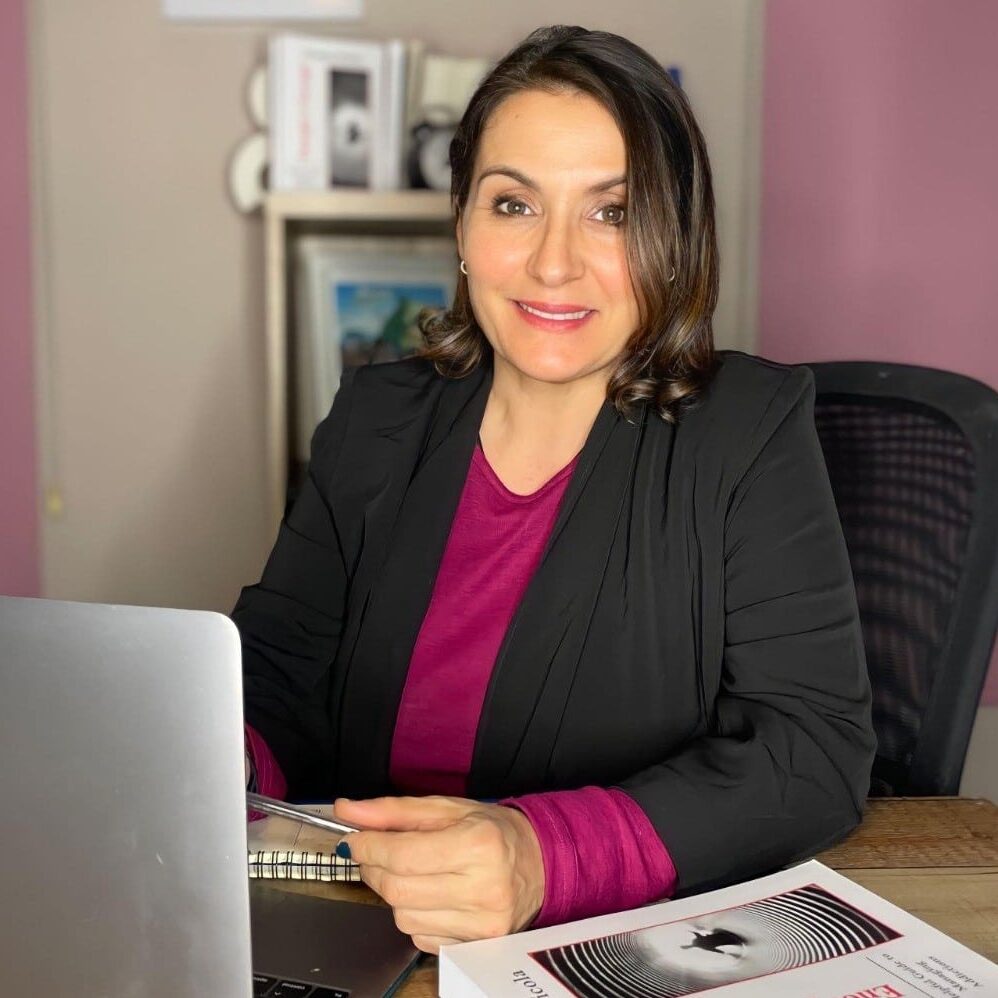Building stronger relationships – we don’t all give and receive love in the same way
If there’s one thing I’ve come to believe about relationships, it’s that the real secret to improving their quality lies in love, patience and openness. It’s not just about loving someone – but learning how to love them in a way that speaks to their heart while also honouring your own needs.
One of the most transformative things I’ve come across is the idea of love languages, as explained by Gary Chapman in his book The Five Love Languages. It helped me understand that we don’t all give and receive love in the same way. Recognising and embracing those differences is key to creating a deeper connection.
The five love languages – words of affirmation, acts of service, receiving gifts, quality time and physical touch – each represent a unique way people feel most loved. Discovering mine was eye-opening, but even more powerful was learning how many of my friends show love. It allowed me to stop guessing and start loving them in a way that actually made them feel seen and appreciated.
It’s not about changing the other person, it’s about taking responsibility for how I want to be loved – and being willing to understand how people need to be loved. That means having honest conversations and listening with the intent to understand, not just to respond.
For example, if your partner’s love language is acts of service, helping them with something – no matter how small – can mean far more than saying, I love you. If it’s quality time, being fully present makes all the difference. And if it’s physical touch, simple gestures like a hug or holding hands are incredibly meaningful. For some, it’s words of affirmation – so hearing things like ‘I’m proud of you’ or ‘I appreciate what you do’ goes straight to the heart. And when it’s receiving gifts, it’s never about how expensive something is – it’s about the thought, the effort, the message behind the gift.
I’ve also come to understand how easy it is to misread each other when we’re not speaking the same language. I’ve experienced firsthand the frustration of giving love the way I wanted to receive it – only to find it didn’t land with the same impact. That’s why it’s so important to ask for what you need.

Something else that’s become very clear to me is the difference between controlling behaviours and connecting behaviours. Things like jealousy, keeping score, criticism or snooping create distance. But connection grows from honesty, kindness, vulnerability and trust. Love should make you feel safe, not small.
This is about being brave enough to say, ‘This is what love looks like to me,’ and also to ask, ‘What does love feel like to you?’ It’s about giving from the heart and learning, day by day, how to show up for each other in ways that matter.
Love doesn’t always come easily. But when we choose to understand each other, speak each other’s language, and keep showing up – even when it’s hard – we give our relationships the foundation they need to flourish.
I’m still learning, like everyone else. But I’ve come to believe that the kind of love we deserve is the kind that listens, learns and grows. And that begins with the willingness to both give and receive love in ways that are truly meaningful.
So how do you find out your own love language?
Start by reflecting on what makes you feel most cared for in your relationships. Think about the moments that have stayed with you – was it something someone said, something they did, the time they spent with you, the little surprises, or the physical closeness? Often, the things that make us feel most hurt or disappointed can also point to our love language – because we notice when it’s missing.
You can also take an official Love Languages quiz (free online), which gives you a good starting point. But beyond that, pay attention to how you naturally express love to others. Are you always offering help, giving compliments, making time for people, picking up thoughtful gifts, or showing affection? We often express love in the way we wish to receive it.
Once you know your love language, don’t be afraid to share it. It’s not selfish to say, ‘This is what makes me feel loved.’ In fact, it’s one of the most self-aware and generous things you can do – for yourself, and for the person who wants to love you well.
Understanding your love language isn’t just about romance – it helps in friendships, family relationships, even how you care for yourself. And when you know your partner’s, everything starts to shift. The little things become powerful, and the distance you once felt begins to close.
Love becomes something you build together – one intentional choice, one loving gesture, one kind word at a time.






Click here to change your cookie preferences